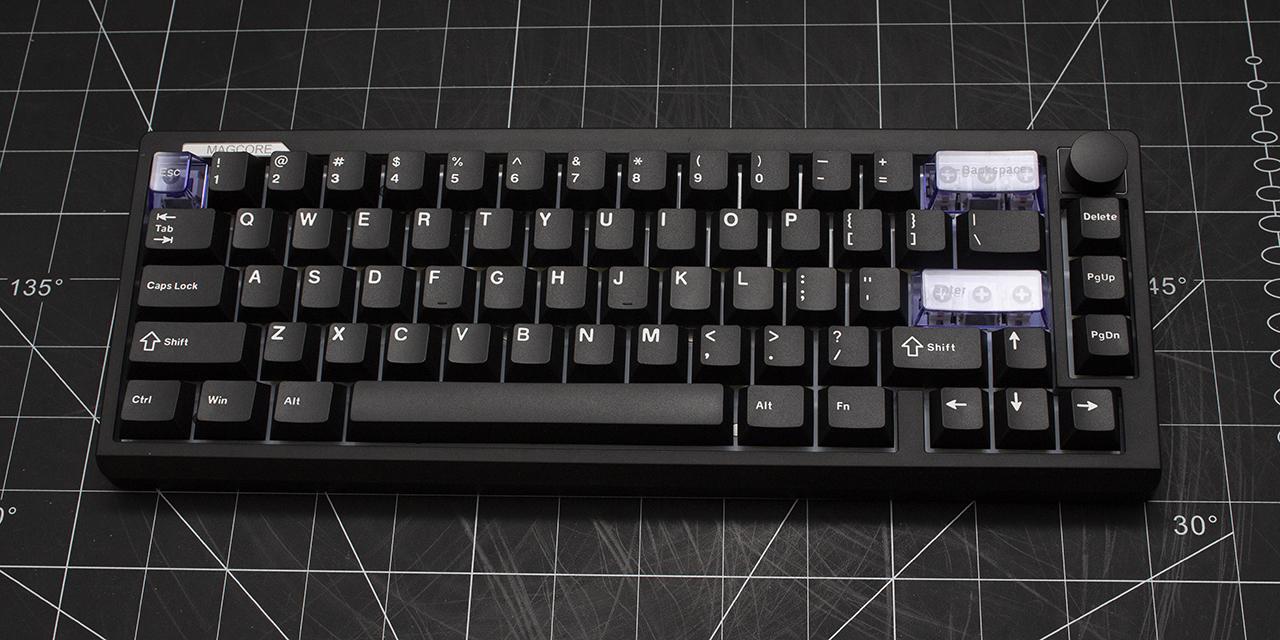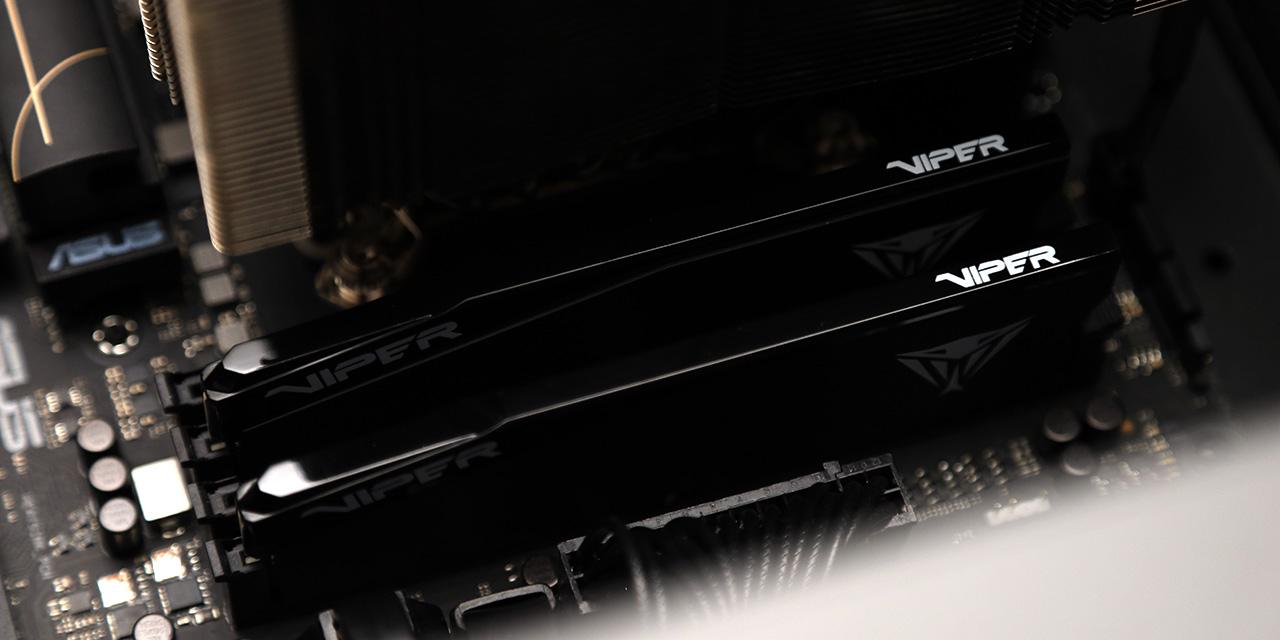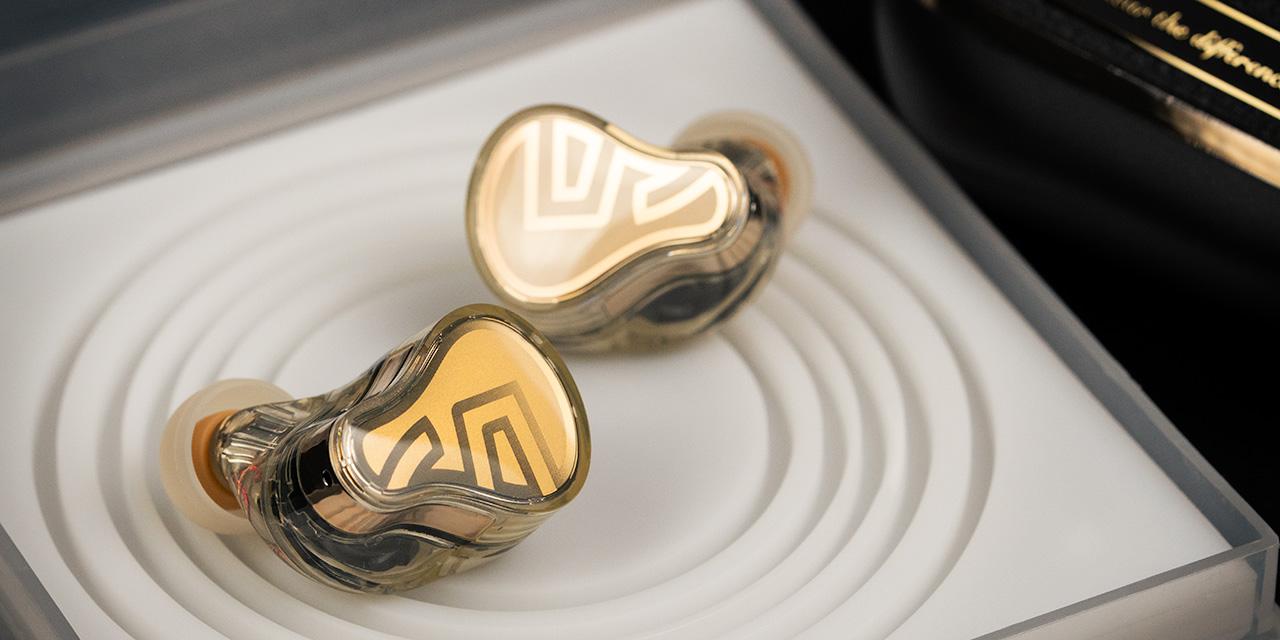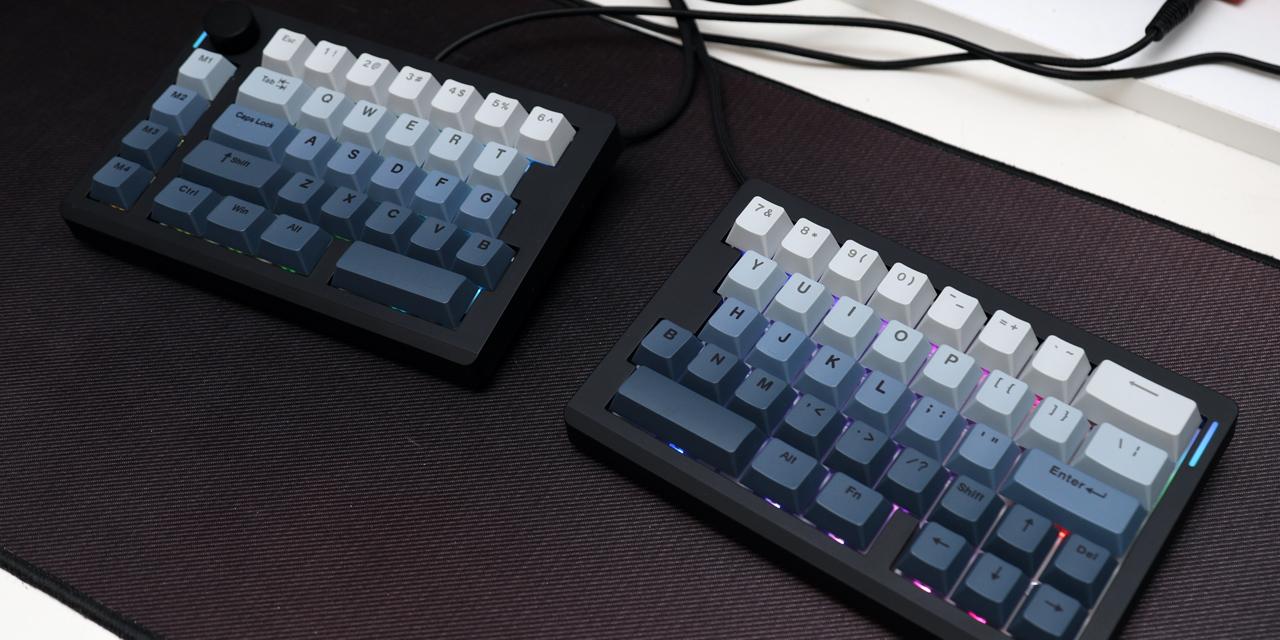|
From X-bit Labs: Intel Corp. announced tuesday that the company will invest between $6 billion and $8 billion on future generations of manufacturing technology in its American facilities. The action will fund deployment of Intel’s next-generation 22nm manufacturing process across several existing U.S. factories, along with construction of a new development fabrication plant in Oregon. The projects will support 6000 to 8000 construction jobs and result in 800 to 1000 new permanent high-tech jobs. Intel’s brand-new development fab in Oregon – to be called “D1X” – is scheduled for R&D startup in 2013. Upgrades are also planned for a total of four existing factories in Arizona (known as Fab 12 and Fab 32) and Oregon (known as D1C and D1D). “Today’s announcement reflects the next tranche of the continued advancement of Moore’s Law and a further commitment to invest in the future of Intel and America. The most immediate impact of our multi-billion-dollar investment will be the thousands of jobs associated with building a new fab and upgrading four others, and the high-wage, high-tech manufacturing jobs that follow," said Intel president and chief executive officer Paul Otellini. This new capital expenditure follows a U.S. investment announcement made in February 2009 to support state-of-the-art upgrades to its manufacturing process. Those upgrades resulted in 32nm process technology which has already produced computer chips being used today in PCs, servers, embedded and mobile devices around the world. Intel’s first 22nm microprocessors, codenamed “Ivy Bridge,” will be in production in late 2011 and will boost further levels of performance and power efficiency. While Intel generates approximately three-fourths of its revenues overseas, it maintains three-fourths of its microprocessor manufacturing in the United States. This new investment commitment also allows the company to maintain its existing manufacturing employment base at these sites. View: Article @ Source Site |
 |
Intel to Upgrade Four Fabs to Make 22nm Chips
© Since 2005 APH Networks Inc. All trademarks mentioned are the property of their respective owners.





